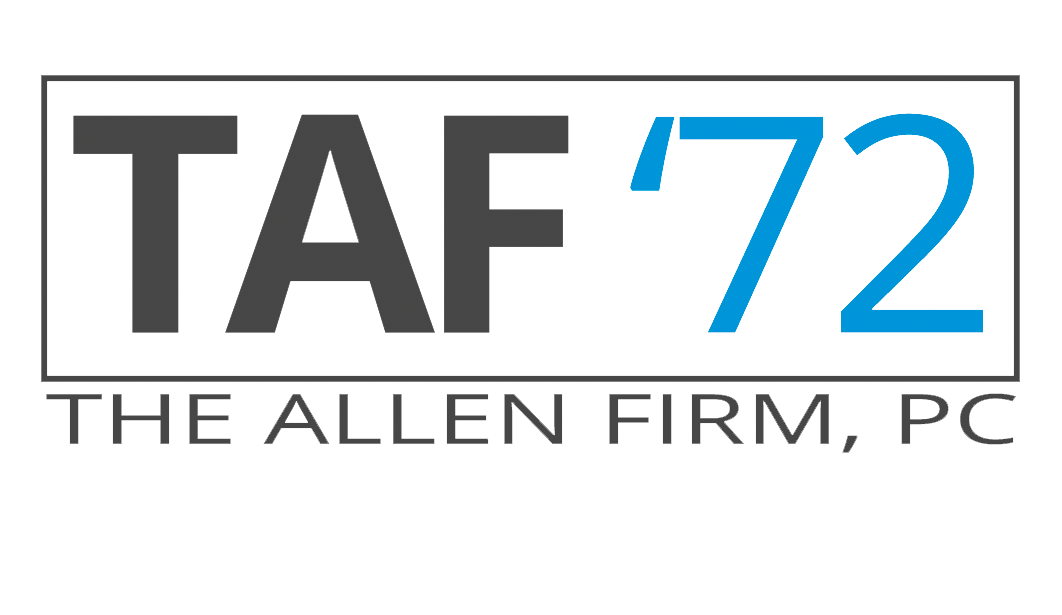What is a Will?
Answer: A will is a document that indicates who will receive your property after your death. When you create a will you become a testator. A will allows you to talk beyond the grave about which family member gets what and appoint a guardian for your minor children. Your will should also name an executor. An executor gathers your property, pays your debts and expenses and makes sure that your property is distributed according to your will.
Why do I need a Will?
Answer: A will is important because it allows you to decide where your property goes and how you want things handled. An example scenario would be that you have a child and you want your sister to be the guardian. If you die without a will, the court might end up appointing your brother or your mother as the guardian. A will makes sure that your wishes are known. Another important scenario is when you have been married before or have children from a prior marriage. You might want them to receive some of your property or not. The court has certain guidelines they follow when they distribute property. If you die without a will, someone you wanted to give property to might not get it.
What happens if I do not have a Will?
Answer: When you die without a will, your property is distributed to your heirs as determined by the Texas Estates Code. As mentioned in the previous question, the court’s distribution could have very undesirable effects. You might assume that property will go one place, but that might not be the case.
This previous post, “Dying Without a Will Might Harm Loved Ones,” gives a quick summary about how property is distributed in different situations.
Is a handwritten note valid as a Will?
Answer: A handwritten note is called a holographic will. While Texas recognizes holographic wills as legitimate, many other states do not. The requirements for a holographic will are: (1) must be handwritten, (2) must be signed by the testator, (3) there must be proof that the testator had mental capacity to write the will, and (4) the testator must be at least 18 years of age or was married.
How often should I review and revise my Will?
Answer: Wills don’t expire, but certain events in your life may require you to revise your will. For example, you get divorced. Your will gave everything to your wife, but now it needs to be changed. Another example is the death of someone you named as your executor or beneficiary, you now need to revise your will and name someone new.
For even more information on when to revise your will, check out this article: The Big D’s
If I have made a Will while in another state, do I need a new one since I live in Texas now?
Answer: While you aren’t required to get a new will, it would be a good idea to look over your will to see if it is still valid. States don’t always agree on certain laws. For example, Texas allows holographic wills while Missouri doesn’t. You might need to take a look at your documents and see if they match up with the laws of your new home state. Also as a practical matter, you may want to update who you list as guardians or executors if they have moved to another state.
*TAKEAWAY: A will is very important. While it might take some time to sit down and figure out where you want your property to go and who should serve as an executor, beneficiary, or guardian, it is worth it. There are many undesirable effects that could happen if you don’t have a will. Once you have a will, make sure to revise it whenever an event occurs that could affect your will, like death or divorce.
– The Business Team
Scott | Josh | Jeremy
The Allen Firm, PC
181 S. Graham Street | Stephenville, Texas 76401
Ph: 254.965.3185 | Fax: 254.965.6539
The Allen Firm, PC is composed of a team of attorneys located in Stephenville, Texas. Our mission is to improve people’s lives by providing reliable and practical help with their legal matters while operating under our values of honoring people, operating with integrity and striving for excellence. We offer help in forming businesses or companies, estate planning, lawsuits, real estate, probate, oil and gas, collections, agriculture, bankruptcy, family law, and accident and injuries.

